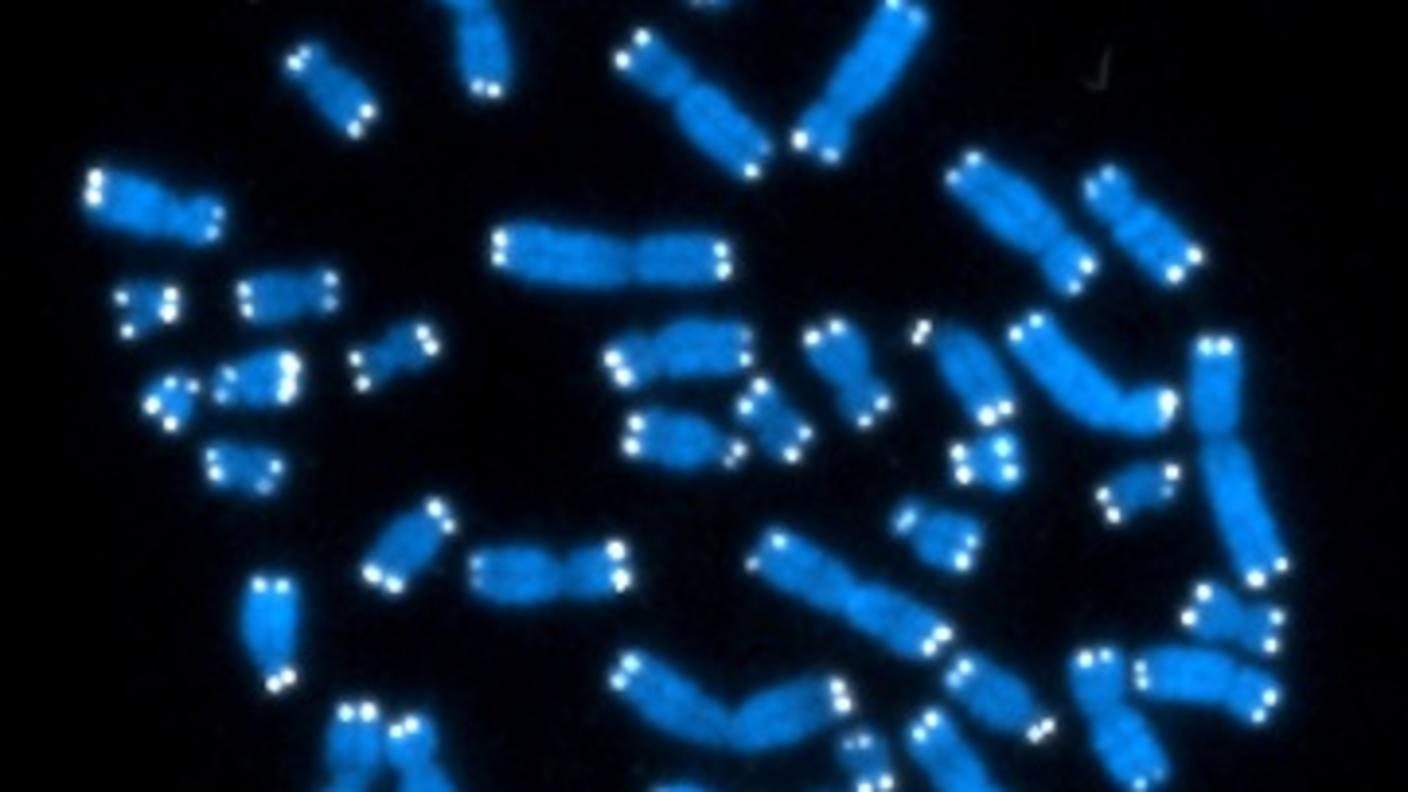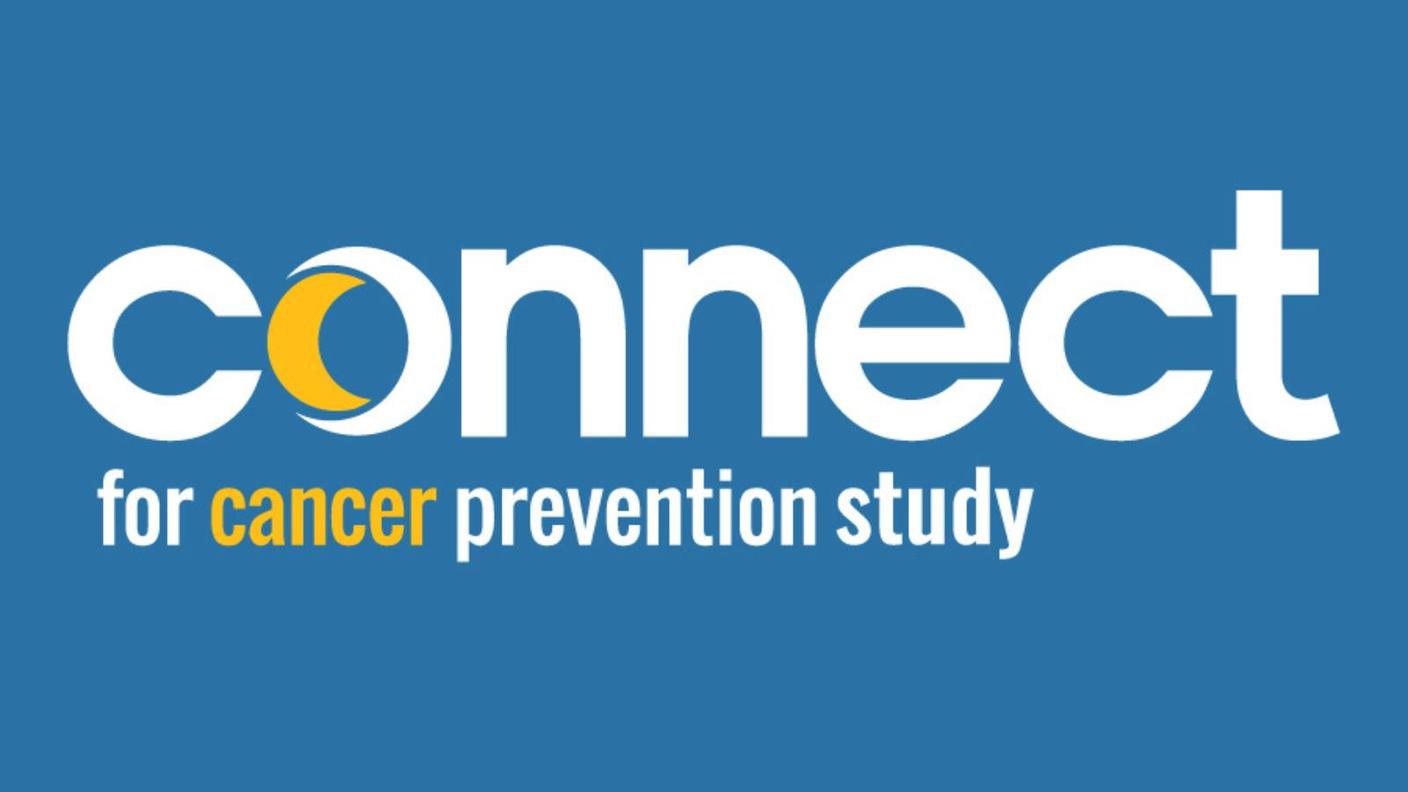Studies Actively Enrolling Participants
DCEG investigators are enrolling participants for population-based and family studies. Learn more about the research that is open to new participants.
Connect for Cancer Prevention Study
The Connect for Cancer Prevention Study (Connect) is a research study to better understand the causes of cancer and how to prevent it. Participants who join Connect will help researchers study the health and behavior patterns that may affect cancer risk.
Together, we can change the future of cancer prevention.
Enroll Yourself or Your Family in a Clinical Study
A clinical study enrolls participants in research to add to medical knowledge. There are two types of clinical studies: clinical trials and observational studies.
DCEG scientists carry out observational studies in families with a known or suspected cancer predisposition syndrome, or families that have a higher-than-expected rate of cancer. In an observational clinical study, investigators assess health outcomes in groups of participants according to a protocol or research plan. Individuals and families agree to share information about their medical history and other information in order to expand our understanding of how cancer aggregates in families. Although some participants are seen at the NIH Clinical Center, DCEG clinical studies do not evaluate treatment or other interventions, as in a clinical trial.
Browse the clinical studies below.
Enroll in a Clinical Study
-
Atypical Spitzoid Tumor Study
A search for novel genes associated with susceptibility to atypical spitzoid tumors.
-
DICER1 Natural History Study
An observational study of individuals with DICER1-related tumors and their families
-
Familial Blood and Lymph Node Cancers Study
Study of five familial blood and lymph node cancers
-
Familial Chordoma Study
Families with two or more blood relatives with chordoma may be eligible to participate
-
Familial Melanoma Study
Studying how genetic and environmental factors contribute to the development of melanoma in families and in the population.
-
Inherited Bone Marrow Failure Syndromes (IBMFS)
A study aimed at understanding how cancers develop in persons with inherited bone marrow failure syndromes (IBMFS)
-
Li-Fraumeni Syndrome (LFS) Study
Individuals and their family members with known mutations in TP53 or fulfilling the study eligibility criteria may enroll in the study
-
RASopathies Study
A clinical study to better understand the development of tumors in patients with a RASopathy.
-
Waldenström's Macroglobulinemia Study
A study of Waldenström's Macroglobulinemia (WM), a rare type of tumor that belongs to a group of disorders called lymphoproliferative diseases
Related Content
-
 Psychosocial Effects of Cancer Predisposition Syndromes
Psychosocial Effects of Cancer Predisposition SyndromesStudies to identify best practices to counsel and care for at-risk individuals and families
-
 Hereditary Syndromes, Public Health Impact of DCEG Research
Hereditary Syndromes, Public Health Impact of DCEG ResearchPublic Health Impact of Research on Hereditary Syndromes
-
 Clinical Genetics Branch
Clinical Genetics BranchStudying individuals and populations at high genetic risk of cancer to uncover etiology and advance clinical care
